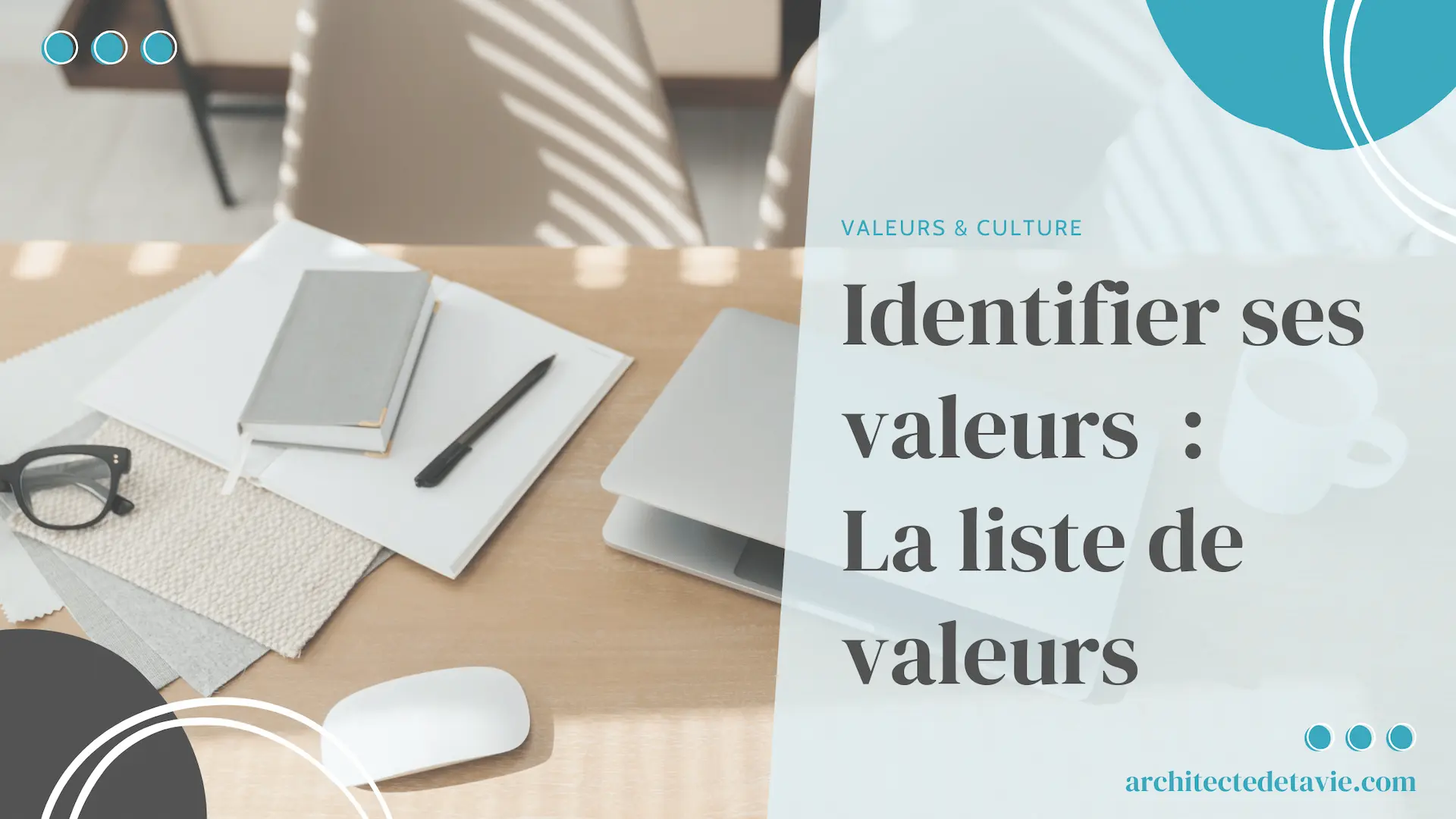The Pedagogical Presuppositions of NLP, a strategic tool for change
Dernière mise à jour de l'article le 23 January 2025
NLP or Neuro-Linguistic Programming is one of the personal development tools that most coaches use. Personally, I’ve incorporated a few tools into my coaching programme, particularly around reframing meaning.
This practice focuses in particular on :
- understanding human behaviour and how it works
- the different communication processes
- different forms of change strategy
In this article, I invite you to discover the pedagogical presuppositions on which this approach is based. I also suggest a question for each presupposition that you can ask yourself to broaden your frame of reference.
If you’d like to find out more, I recommend 2 excellent books I’ve read:
1. The map is not the territory.
Each individual perceives the world with their 5 senses and creates an internal representation that is not exactly reality. Each map is unique and specific to its owner.
“What is your interviewer’s representation of this situation? “
2. All behaviour is underpinned by a positive intention.
Even if a behaviour seems inappropriate to you, the person behaving in this way is doing so for a reason they consider positive (in their card). Instead of criticising the observed behaviour, ask yourself this question:
“What is the intention behind this behaviour? “
3. It’s impossible not to communicate.
Even if you don’t speak, your attitude and behaviour convey a message to others. Remember that verbal communication accounts for only 7% of the message, while non-verbal communication accounts for 93%.
“What message am I sending when I adopt this behaviour? “
4. We are not our behaviour.
We can all change our behaviour, but not our identity. Feel free to re-read the story of Prince Potential and the logical levels.
“What behaviour do I need to adapt to be aligned with my identity?”
5. Body and mind interact.
What happens in our heads has repercussions on our bodies. Don’t hesitate to rediscover the article « Did you know that we have 3 brains? »
“What am I feeling at the moment? What are the sensations in my body?
6. It is possible to reproduce the performance of others.
By observing and analysing the behaviour of people who have completed the performance we want, it is possible to imitate that behaviour in order to reproduce the same performance.
“Who are my mentors? How would they behave in this situation?”
7. The meaning of what we communicate is in the response we get.
Verbal and non-verbal communication conveys a message, even if we don’t want it to. It’s our duty to make sure that the meaning of the message delivered corresponds to what we wanted to share. Hence, the importance of feedback.
“If the response I get isn’t what I wanted, what can I do to change my level of communication?”
8. The more choice you have, the better.
In a given situation, people adopt the best possible choice, given their possibilities and abilities and based on their internal map. Exploring the different possibilities allows us to multiply the choices available to us.
“What are the different options available to me today?”
9. Everyone has the resources within them to get what they want.
The solution lies within us. And it’s the coach’s role to remove the blocks that prevent access to this solution and to help it emerge in the client’s mind.
“What do I need to make progress towards my life goals?
10. There is no such thing as failure, only feedback.
If you don’t get the results you want, analyse the feedback and try another route.
“What can I change about my previous solution to invent a new path?”
11. If you don’t achieve your objective with one behaviour, change that behaviour and try another solution.
This is relative to all the other presuppositions. Try every possible path before giving up!
“What can I do differently today? What behaviour can I change?”
Source: Efficaciteprofessionnelle.fr website


Leave a Reply